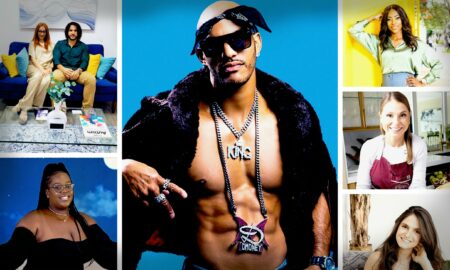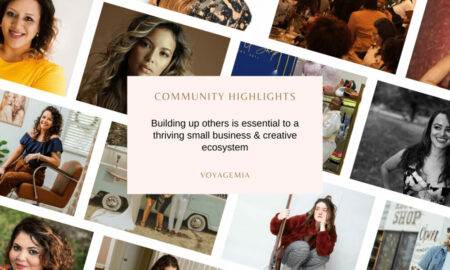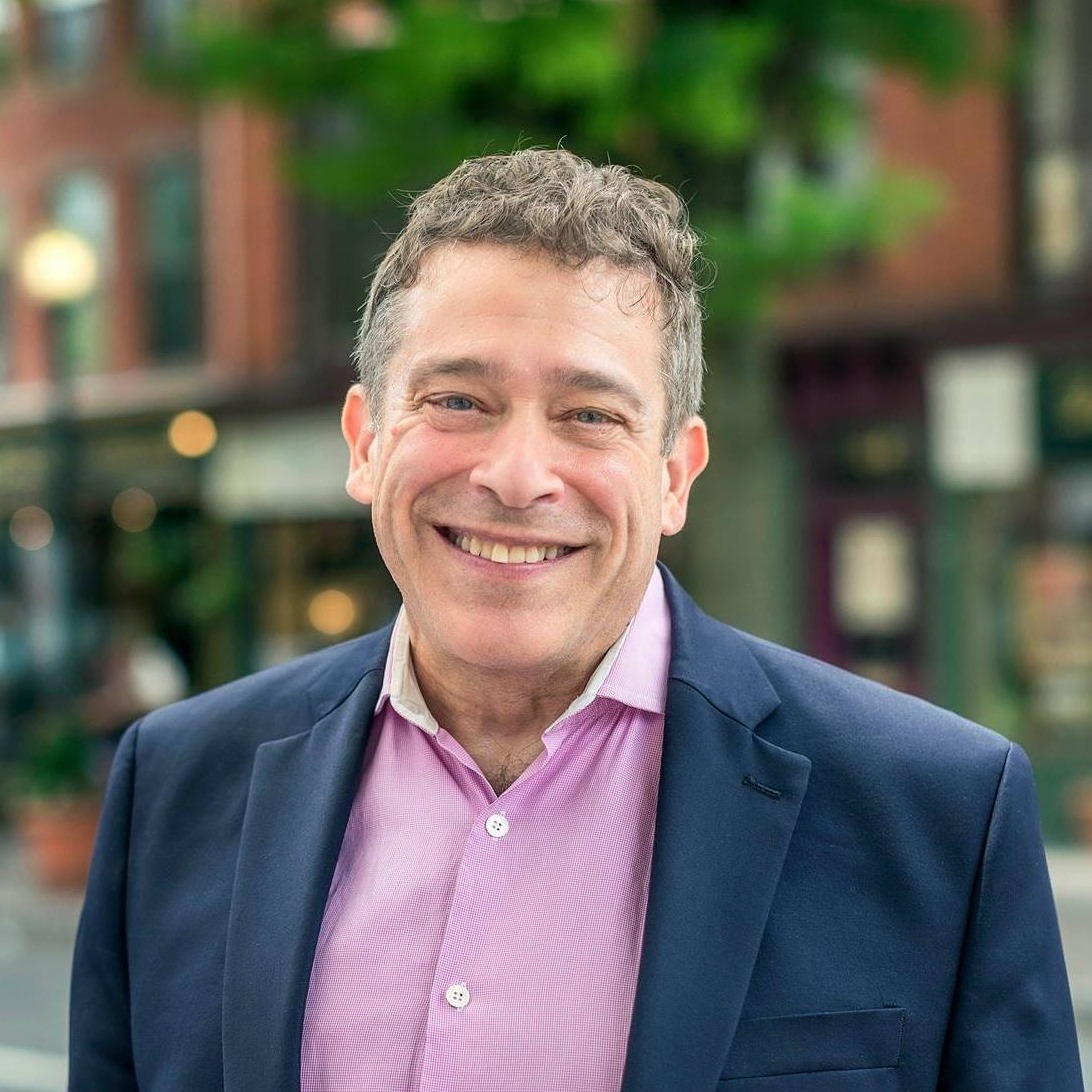

Today we’d like to introduce you to Robert Kesten.
Hi Robert, we’d love for you to start by introducing yourself.
I grew up in a family that believed in giving back and being thankful for all we were fortunate enough to have. That was simply part of our DNA. What made it all real to me was when Martin Luther King, Jr. was assassinated. I was very young, but it hit me very personally and made me aware of how fragile life was and how each of us was responsible for the world we lived in.
Making conscious choices became an import part of my life, my work had to mesh with my belief system and not be two different things. Maybe because of that I’ve never fully understood the concept of “work-life-balance.” I throw myself into my work as if my life depended on it.
As I traveled around the world introducing the idea of living with the Universal Declaration of Human Rights, making it the cornerstone of community and family life, I found myself in conflict zones. When I proposed the idea of the United Nations Decade on Human Rights Education (approved unanimously by the UN General Assembly), I was surprised at how few countries did anything over that ten-year period to infuse their respective cultures with human rights ideas and concepts.
I was then offered the position I have now at Stonewall National Museum, Archives, & Library. I accepted the position because for me, every community is represented in the LGBTQ+ community. With that being said, it is still a community of outsiders and easily scapegoated. In some ways, it is the last rung in the struggle for universal human rights. So, I could continue my work and focus on a community that if finally welcome into the broader society it would lift all boats and create a healthier world.
Alright, so let’s dig a little deeper into the story – has it been an easy path overall and if not, what were the challenges you’ve had to overcome?
The road is never smooth when you struggle for the rights of the disenfranchised. I took the position just as the government of Florida started its vehemently anti-LGBTQ+ policies. The “Don’t Say Gay” legislation was just passed and a war, not only of words but actions was beginning. Funding sources at the state level were at risk and then gone, books were coming off of shelves, words and symbols were demonized and a decade of success seemed uncertain at best and threatened for certain.
Fighting your own government is the last thing you expect to do as an American, especially as a white American, yet here I was trying to get people to understand a threat I understood from my time in the USSR and the Middle East during a number of conflicts in that part of the world. I had always felt a bit protected by my American passport, but here in Florida and in other states across the United States, my passport was of no help anymore and that created a surprising feeling of frustration and a sense of purpose I had not felt since the MLK and RFK assassinations.
Thanks – so what else should our readers know about your work and what you’re currently focused on?
When I worked in Ukraine as it prepared to become an independent nation, I was aware that its culture was still enmeshed in a historic rut. LGBTQ+ people were sentenced to hard labor or mental institutions. They were not welcome in society. Antisemitism was simply a way of life that people lived with, and other marginalized groups were at risk simply because of being born to that subculture.
My contact in Kiev was the deputy prime minister, and my role was a complex one as the Soviet Republic had very limited contact with the outside world, that had always been reserved for Moscow. So, I took a risk and told the deputy that unless they decriminalized homosexuality I could not stay and help them. I explained the differences between them and the western nations they so admired and explained that human rights went beyond a single group of people.
Within days I was shown a legal document that made Ukraine the first Soviet Republic to decriminalize homosexuality. It was a big first step. I then impacted the way Jews were allowed to leave the republic, lessening the chances that their personal items would be stolen by police or members of the security forces before they left. I insisted on a handful of other reforms and then saw the people declare their independence.
Now, even with a war going on, Ukraine continues to make life better for the LGBTQ+ community and other marginalized groups. The president of the country is of Jewish decent, and they are fighting for the democratic principles we discussed when I was there. I am heartbroken that my country has deserted them and has elected to side with Putin, a man who detests the United States and all we represent. It only proves to me that our work is never done.
In another part of the world, Ghana, a small group of us from the human rights agency I worked with, were invited there to work on the reframing of their constitution. Having input on the foundational law of a country was an extraordinary opportunity and one I will never forget.
Then, the work I did in the Middle East, on education, on human rights, on changing norms was all rewarding, but also a reminder that human nature does not change overnight and that the struggle never ends and it can take generations before the smallest thing take root in society.
In the long run, I’m most proud of the fact I’ve been able to change…and if I can change so can others and collectively, we can make this difficult world a better place for all of us.
Because of my life experiences, I see the world a little differently. That maybe what sets me apart from others, even if it is not all that unique.
We’d be interested to hear your thoughts on luck and what role, if any, you feel it’s played for you?
I don’t know if I believe in luck. I do believe in opportunities…you can either take it or not take it. That might be the difference between good and bad luck. If you miss an opportunity, it is bad luck, if you take the opportunity, it is good luck. Taking chances, believing in yourself and learning to trust others…good luck and good fortune. Living with a smile on your face, giving other people hope, all that brings good luck. That gives me hope and the promise of tomorrow.
Contact Info:
- Website: https://stonewall-museum.org
- Facebook: @stonewall
- Twitter: @museumstonewall
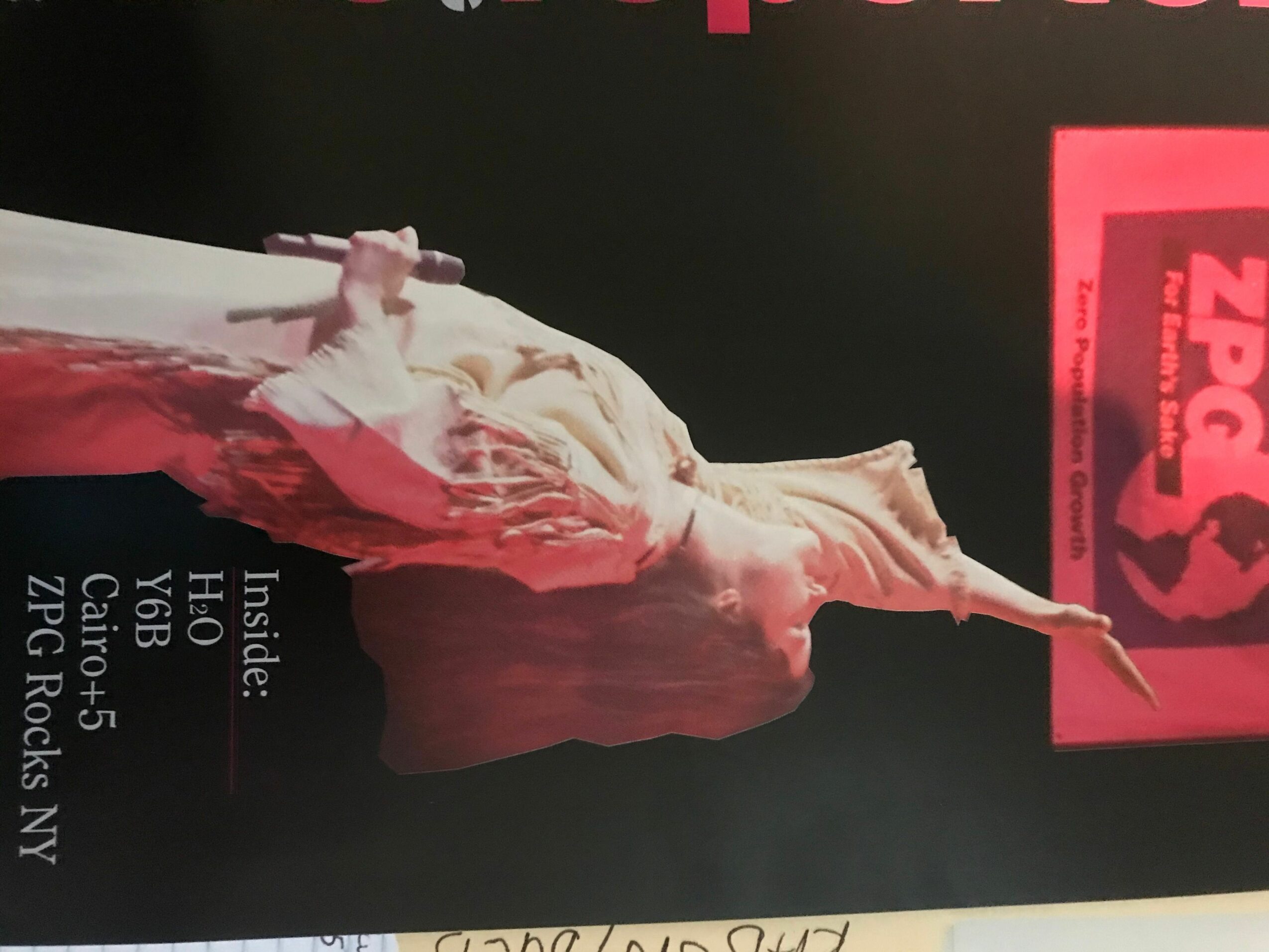
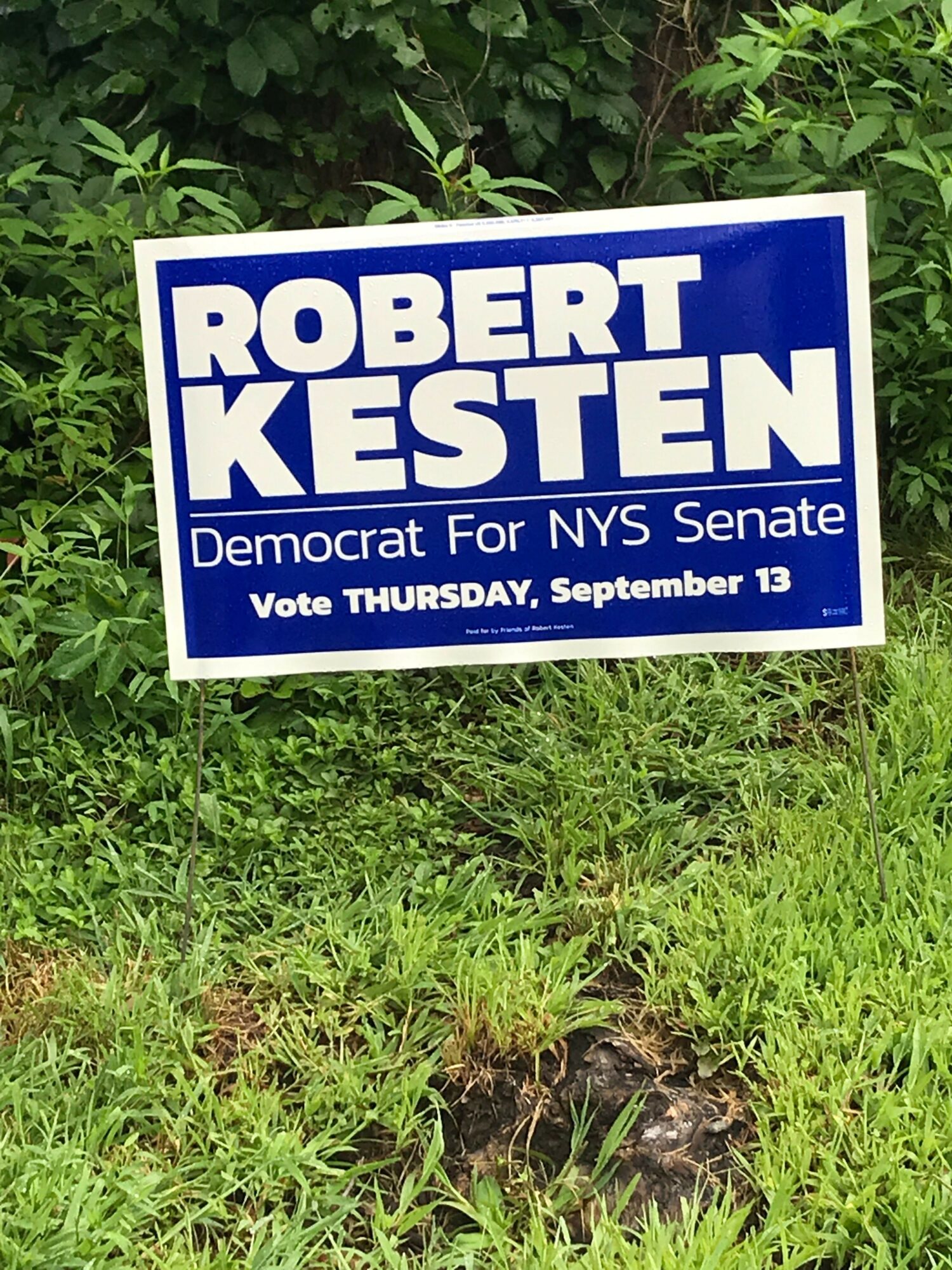
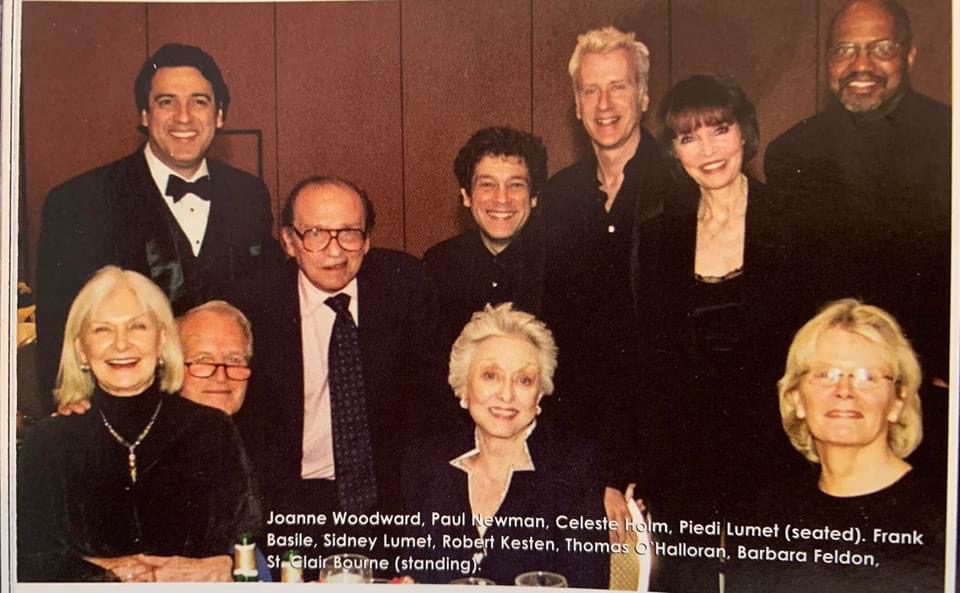
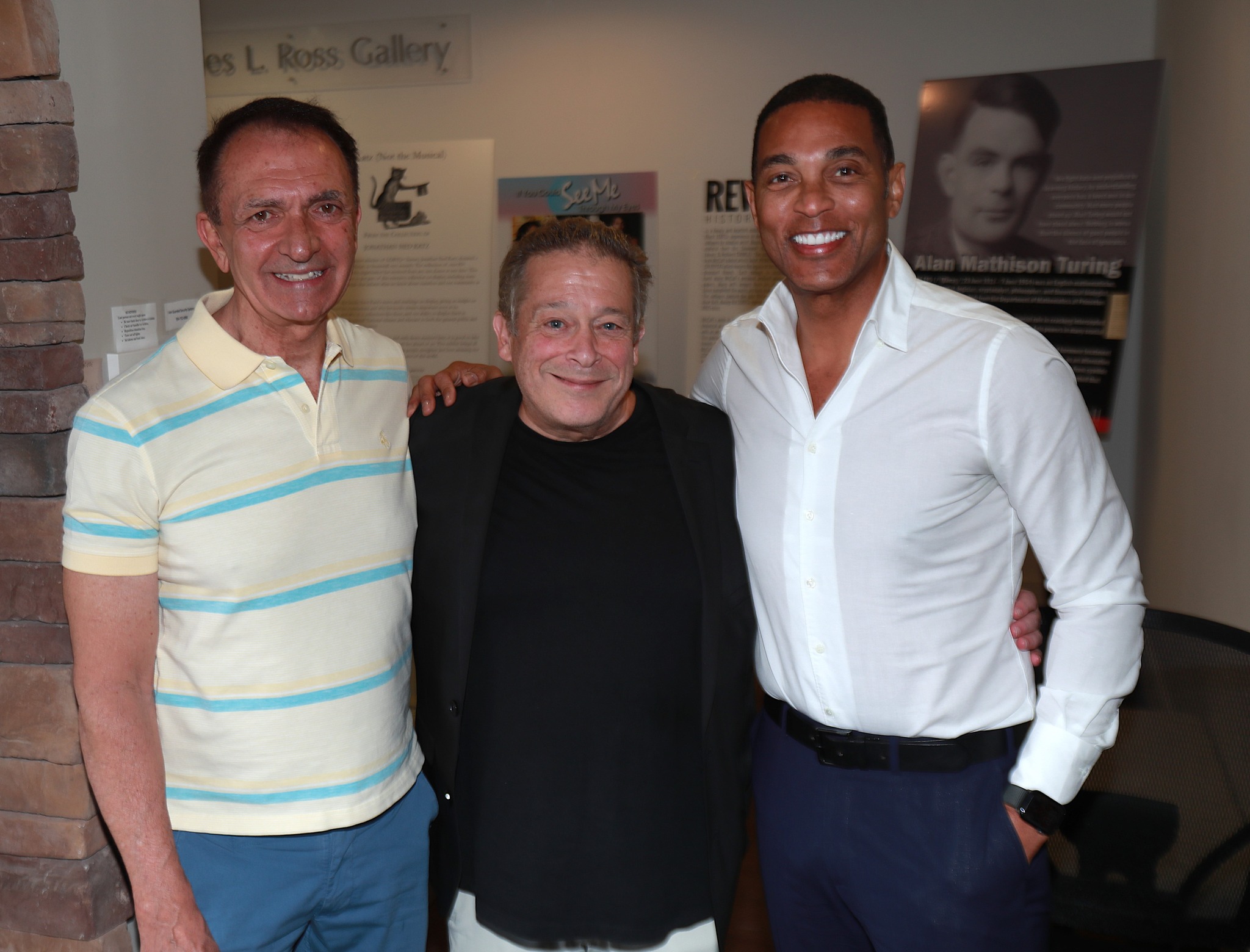
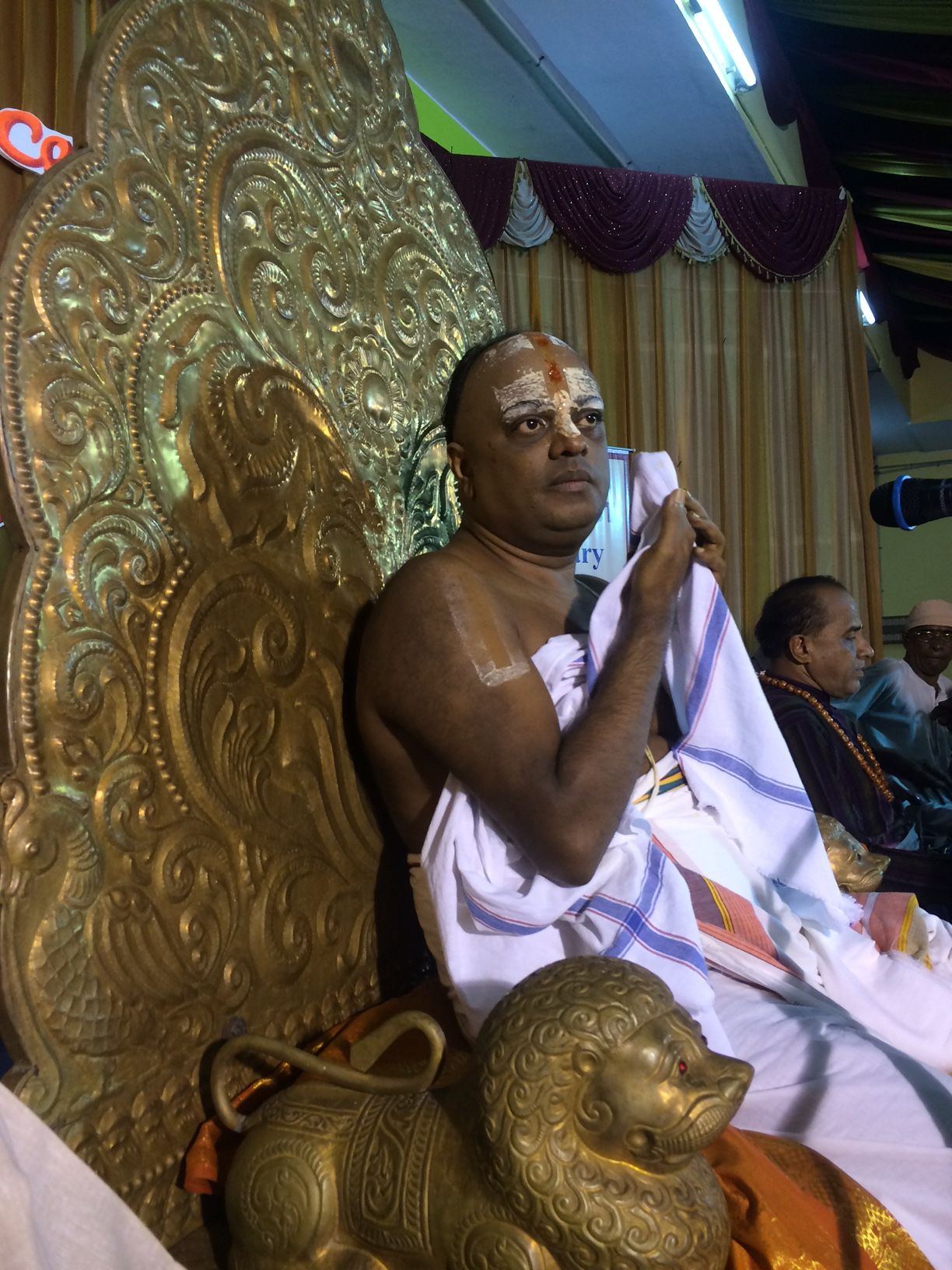
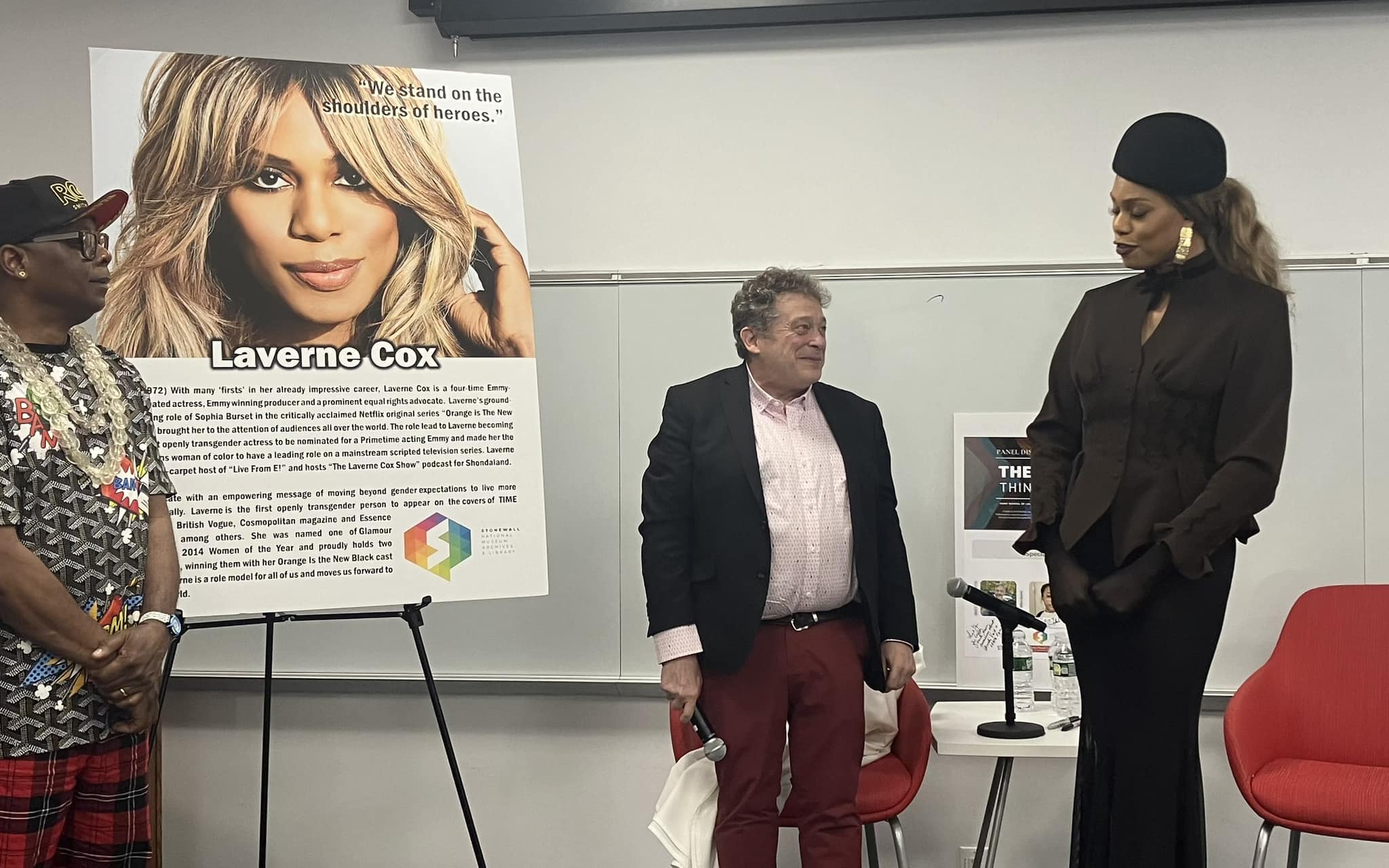
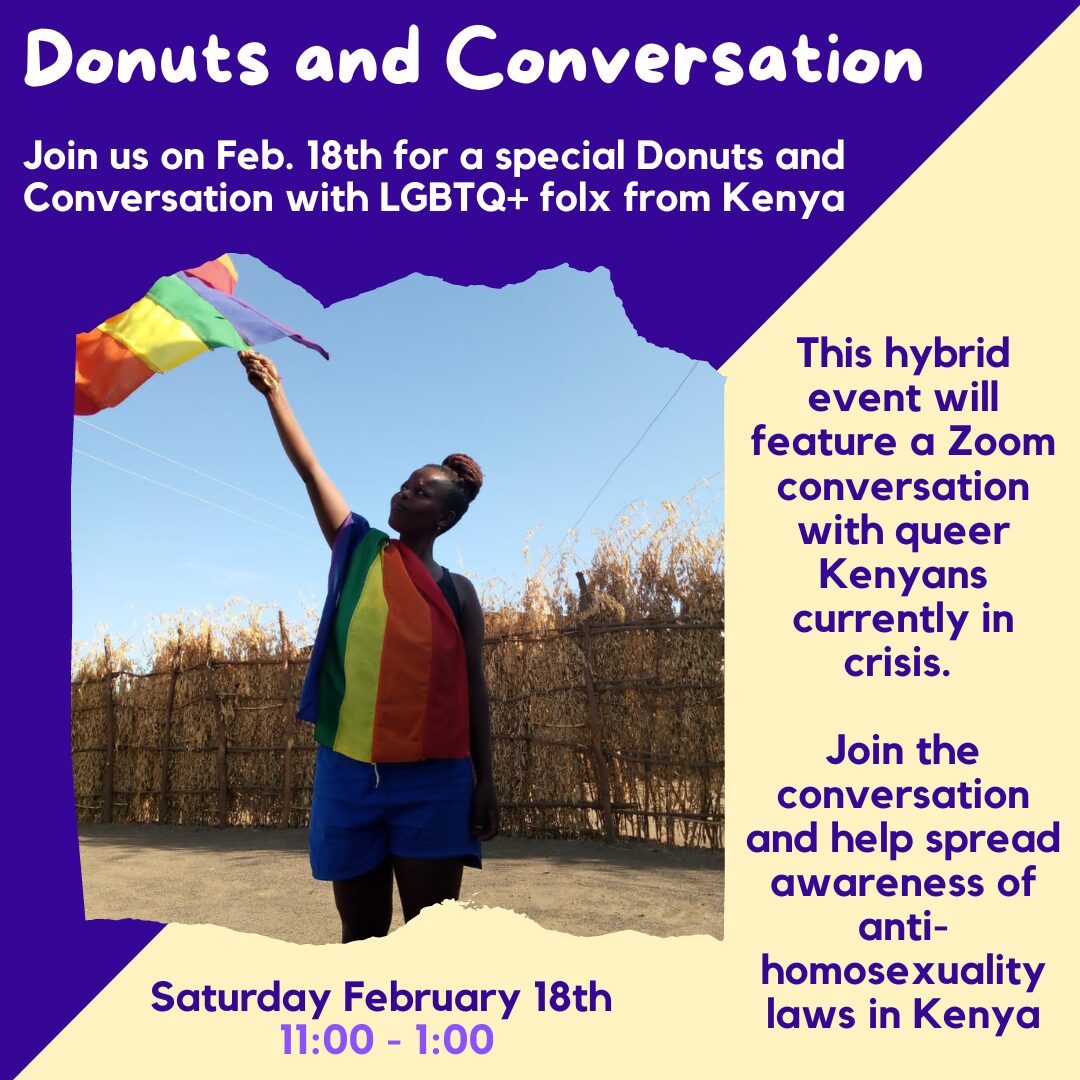
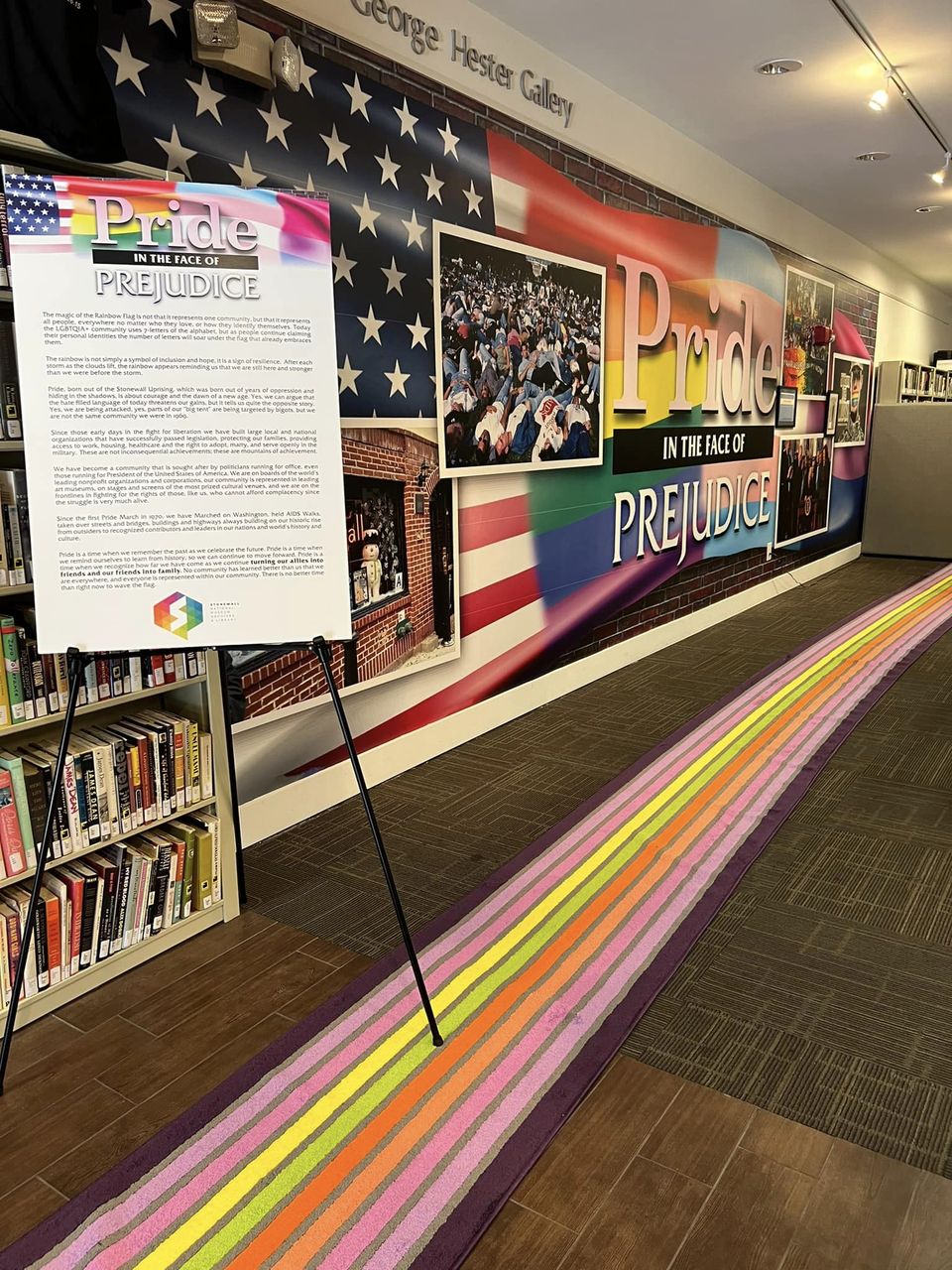
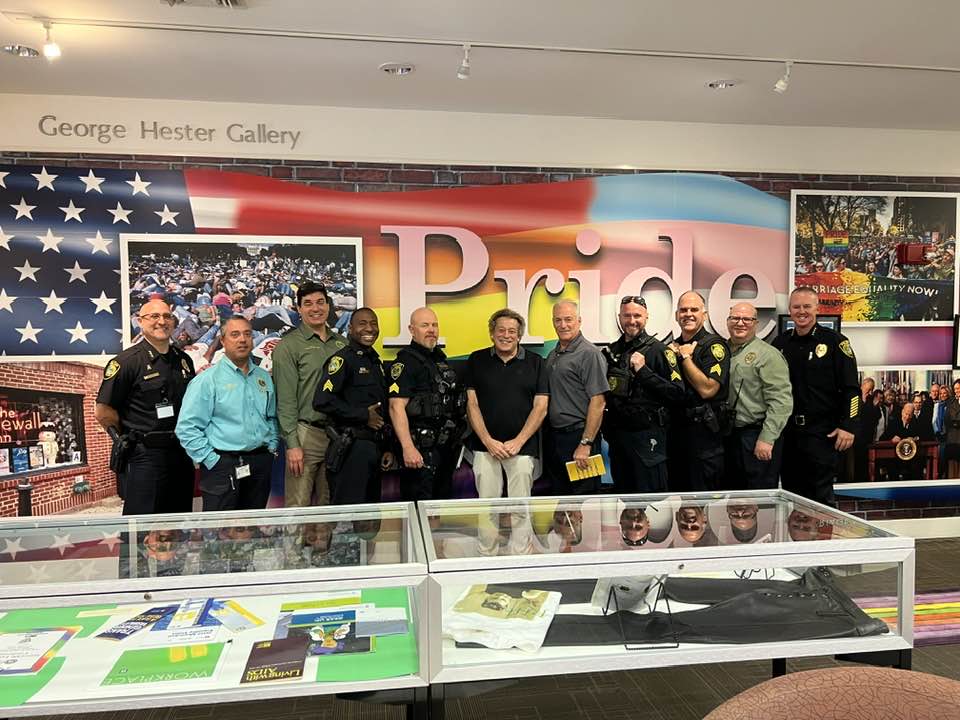
Image Credits
All personal collection of Robert Kesten

